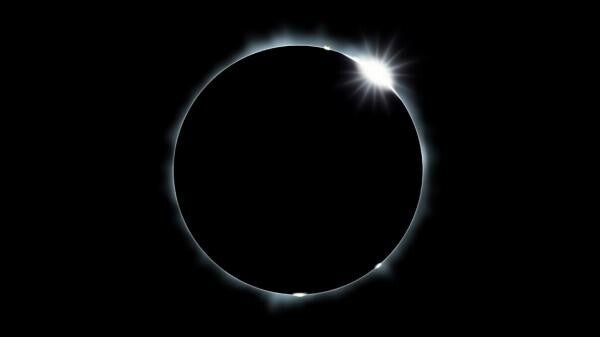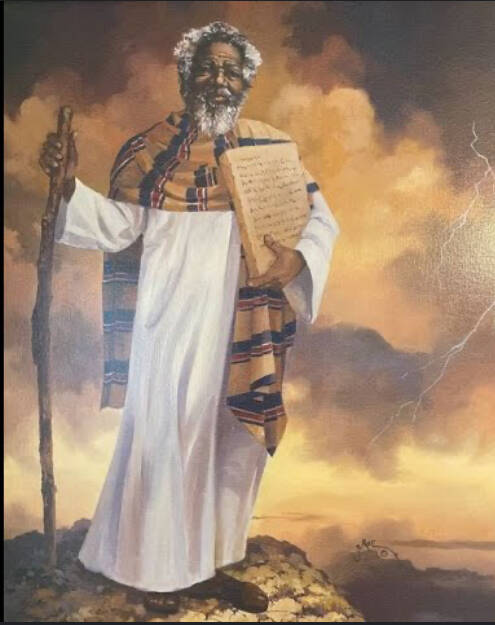
- http://shabat.date (Visit for Lunar calendar)
The Lunar sabbath
The true calendar of Yahawah Alahayam
The biblical concept of time and the calendar is directly tied to the phases of the moon, as evidenced by multiple scriptural references. In Exodus 12, the month of Passover is designated as the first month of the year for the Israelites. The Hebrew word for “month” used in this passage is חֹדֶשׁ (chôdesh), which derives from the root word meaning “new” or “to renew” (Strong’s H2318). According to Strong’s Definitions, chôdesh is defined as “the new moon; by implication, a month:—month(-ly), new moon.” This connection indicates that the biblical understanding of a month begins with the sighting of the new moon. Consequently, the first new moon of the year, according to Exodus 12, aligns with the month of Passover.

In Leviticus 23:39, the relationship between the new moon and the Sabbath is further highlighted. This verse states: “Also in the fifteenth day of the seventh month, when ye have gathered in the fruit of the land, ye shall keep a feast unto the LORD seven days: on the first day shall be a sabbath, and on the eighth day shall be a sabbath.” The reference to the first day of the month as a Sabbath suggests that the new moon itself holds a special significance to be observed as a Sabbath. This understanding aligns with Exodus 20, which emphasizes the Sabbath as the seventh day following six days of labor. Counting from the day of the new moon, the eighth day of the month would indeed align with the weekly Sabbath, demonstrating a rhythm based on lunar cycles.

It is worth noting that the biblical calendar predates the Gregorian calendar, which was not introduced until 1582 CE. During the time of the Israelites’ exodus from Egypt, their calendar was based on lunar observations, with new moons marking the beginning of months. This lunar calendar provides an alternative framework for understanding the Sabbath and the progression of weeks. For example, if the new moon occurs on a Friday, the seventh day after the new moon would again fall on Friday, aligning with the weekly Sabbath. If the new moon itself is counted as day one, then the Sabbath would fall on the eighth day of the cycle.
{Pope Gregory XIII, after whom the gregorian calendar is named}

This biblical lunar calendar differs significantly from the solar-based Gregorian calendar widely used today. The importance of the new moon in determining months and Sabbaths reflects the Israelites’ reliance on natural celestial signs to structure their spiritual observances and daily lives. This system underscores the foundational role of lunar cycles in biblical timekeeping and highlights a distinct departure from modern calendrical systems.



Create Your Own Website With Webador